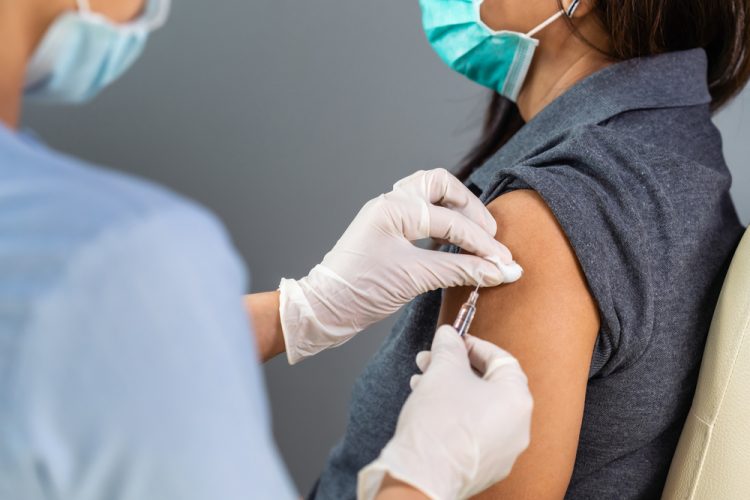Heterologous COVID-19 booster doses show 68 percent effectiveness
Posted: 21 October 2021 | Anna Begley (European Pharmaceutical Review) | No comments yet
A Swedish study found that heterologous Vaxzevria and mRNA prime-boost vaccination is effective against COVID-19.


A nationwide cohort study in Sweden has investigated the effectiveness of COVID-19 vaccines ChAdOx1 nCoV-19 (Vaxzevria, AstraZeneca), BNT162b2 (Comirnaty®, Pfizer/BioNTech) and mRNA-1273 (Spikevax, Moderna) booster doses against COVID-19, including against the Delta variant. The results were published in The Lancet Regional Health.
From individuals vaccinated with two doses against COVID-19 in Sweden until July 5, 2021 (N=3,445,061), the team formed a study cohort including 94,569 individuals that had received heterologous ChAdOx1 nCoV-19 / BNT162b2 prime-boost vaccination, 16,402 individuals that received heterologous ChAdOx1 nCoV-19 / mRNA-1273 prime-boost vaccination, and 430,100 individuals that received homologous ChAdOx1 nCoV-19/ChAdOx1 nCoV-19 prime-boost vaccination.
In addition, 180,716 individuals were selected who were unvaccinated at the date of vaccination in the corresponding case. Unvaccinated individuals were censored at first dose of any vaccine. Baseline was the date of the second dose of any vaccine, with the same date in the corresponding unvaccinated individual. The outcome included incident symptomatic COVID-19 infection occurring more than 14 days after baseline.
During a mean follow-up time of 76 (range 1-183) days, symptomatic COVID-19 infection was confirmed in 187 individuals with heterologous vaccine schedules and in 306 individuals from the unvaccinated control group. The adjusted vaccine effectiveness was 67 percent for heterologous ChAdOx1 nCoV-19 / BNT162b2 prime-boost vaccination, and 79 percent for heterologous ChAdOx1 nCoV-19 / mRNA-1273 prime-boost vaccination. When combined and analysed together, the two heterologous vaccine schedules had an effectiveness of 68 percent which was significantly greater than the 50 percent effectiveness for homologous ChAdOx1 nCoV-19 / ChAdOx1 nCoV-19.
During a mean follow-up time of 67 (range 1-214) days, there were a total of 19 cases of COVID-19 hospitalisation in the heterologous cohorts and in the homologous ChAdOx1 nCoV-19 cohort. Of these, 16 were unvaccinated individuals, two were individuals given the homologous ChAdOx1 nCoV-19 / ChAdOx1 nCoV-19 vaccine schedule, and one was an individual given the heterologous ChAdOx1 nCoV-19 / BNT162b2 vaccine schedule.
The paper concluded that the use of heterologous vaccine schedules appears to be an effective alternative for increasing population immunity against COVID-19, including against the Delta variant which dominated the confirmed cases during the study period. These results could have important implications for vaccination strategies and consequently in the battle against the pandemic.
Related topics
Biopharmaceuticals, Data Analysis, Dosage, Immunisation, mRNA, Research & Development (R&D), Vaccines, Viruses
Related drugs
COMIRNATY®, Spikevax, Vaxzevria (COVID-19 Vaccine AstraZeneca)









